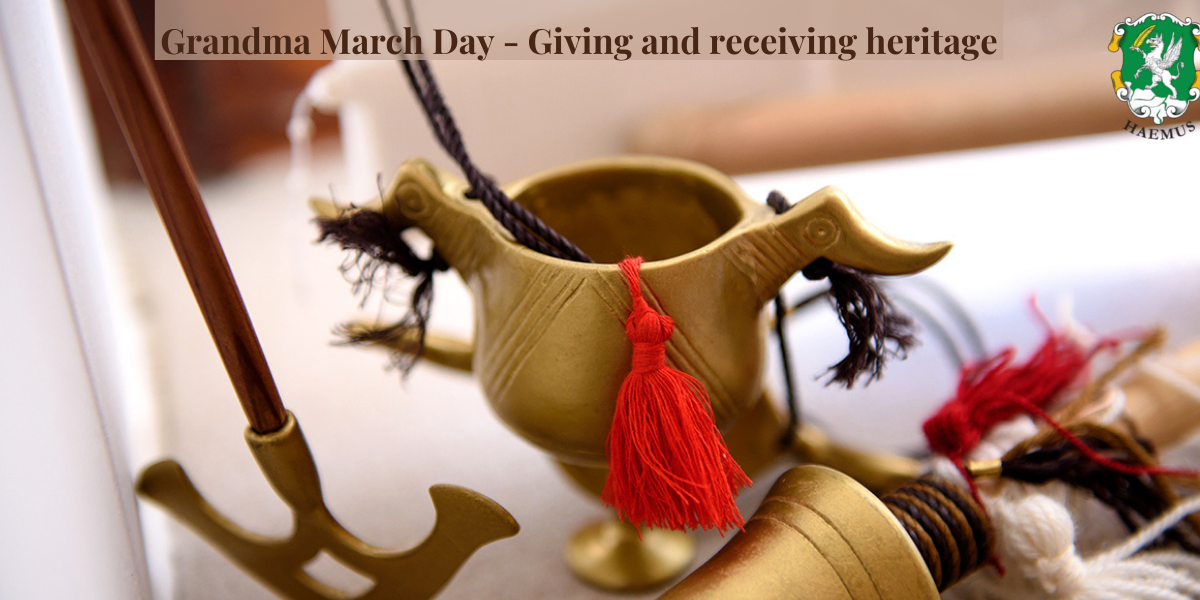Digital Spring Programme 2021: Grandma March Day - Giving and receiving heritage
This event provides an insight into the long-term management, education, promotion, popularisation and implementation on how to save a tradition that was on the verge of oblivion.

- Title:
- The custom "Martinki", Copyrighted work by HAEMUS
15:15 — 15:45
(CEST) Online
Grandma March Day is the Balkan tradition of exchanging handmade amulets in red and white colors called 'Martinki'. They are given to a loved one on 1 March to celebrate the beginning of spring with wishes for health, love, luck, and prosperity for the coming year. Amulets are worn until nature starts to bloom when they are hung on the trees. While popular in countries including Romania, Moldavia, and Bulgaria, this tradition was almost dying in Macedonia.
HAEMUS, an organisation based in Skopje (N. Macedonia) is legally safeguarding the 'Martinki' custom. Many years before, the practice was officially listed on the Representative Heritage List of ICH by UNESCO. To support the ongoing multinational application of 'Martinki' and to preserve the tradition from oblivion, in 2013/14, HAEMUS created 'Grandma March Day'. At this annual event, people, regardless of nationality, religion, gender, or age, through practice, large social inclusion, take part in this interactive approach to educate, share and transmit European intangible cultural heritage. Our work was included in Interpret Europe's manual Fostering communities through heritage interpretation as a positive case study from the Western Balkan region and received the award by the Council of Europe and the European Commission as one of the best story within the European Heritage Story days 2020.
This event provides an insight into the long-term management, education, promotion, popularisation and implementation on how to save a tradition that was on the verge of oblivion, and how to receive a legal status for safeguarding a custom that is inscribed on the Representative List of the Intangible Cultural Heritage of UNESCO. After the short presentation, all participants will have the opportunity for questions and live discussion.
